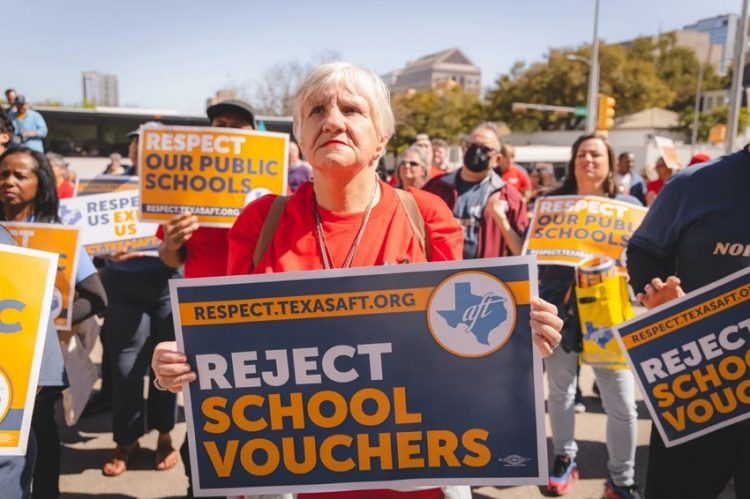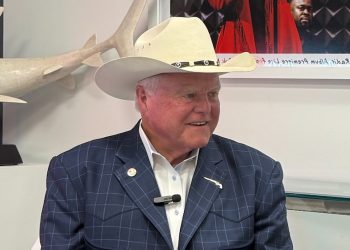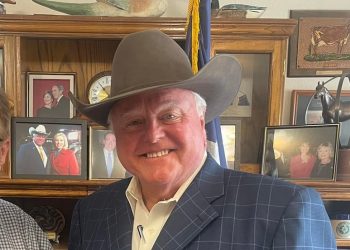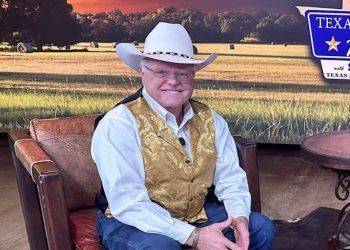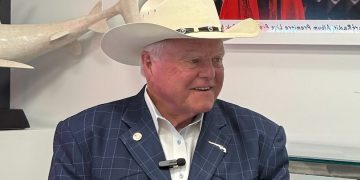Waco, TX – After years of setbacks, school voucher advocates in Texas are entering the 2024 legislative session with a stronger sense of optimism. Governor Greg Abbott, a staunch proponent of education savings accounts (ESAs), is leading a renewed push for a universal voucher program that would allow parents to use taxpayer dollars to pay for private schooling, homeschooling, and other education-related expenses. However, key details of the program remain unresolved, and the path forward is anything but certain.
In recent years, Texas has been a battleground over the issue of school vouchers. The idea of using public funds for private education has long been a divisive issue, with opponents warning that it would siphon much-needed resources from public schools already struggling with budget shortfalls. Historically, a coalition of Democrats and rural Republicans in the Texas House has blocked voucher legislation, making it difficult for proponents to gain ground.
However, Abbott has managed to shift the political landscape significantly. After adopting the mantle of “school choice” during his 2022 re-election campaign, the governor made education savings accounts his top legislative priority. In a strategic move, he used his influence to help oust several anti-voucher Republicans in the 2023 primaries, replacing them with candidates more sympathetic to the voucher cause. Abbott now claims to have a pro-voucher majority in the Texas House, with 79 votes—three more than necessary to pass legislation in the 150-member chamber.
“The governor has proven he’s willing to push all the chips in on this issue,” said Genevieve Collins, the director of the Texas chapter of the conservative political group Americans for Prosperity. The group is one of the leading advocates for education savings accounts in the state.
Abbott’s vision for the voucher program is clear: he wants it to be universal, meaning every Texas student would be eligible to access public funds for private schooling. Proponents argue that such a program would provide families, especially those in low-income communities, with the opportunity to seek better educational options for their children, whether due to dissatisfaction with local public schools, concerns about safety, or ideological differences over curriculum content.
The proposal would create education savings accounts, which could be used for tuition, uniforms, homeschooling, and other education-related expenses. While the concept has gained traction, several hurdles remain—most notably, how to prioritize applicants if demand exceeds available funding and what kind of performance standards, if any, should be required for private schools that participate in the program.
Despite Abbott’s optimism, some legislators are wary of the details. A major point of contention is whether the program will be tied to public education funding, with some lawmakers wary of trading increased funding for public schools for a voucher program. In 2023, such a trade-off derailed both voucher proposals and calls for increased funding for public schools.
Not all Republicans are on board with Abbott’s push. Some, particularly those representing rural districts, have voiced strong opposition to the idea of diverting funds from public schools, which are often the primary employers and community anchors in their areas. State Rep. Ken King, a Republican from the rural town of Canadian, has been a vocal critic, arguing that while the votes for vouchers may be there, the program must include protections for rural schools.
“The fight is over,” King said, acknowledging the growing momentum for vouchers but urging his colleagues to “cut the best deal you can” to protect public schools. He has expressed concerns that without significant accountability measures for private schools, the voucher program could leave public schools at a severe disadvantage.
Democrats, who have traditionally been staunch opponents of school vouchers, remain united in their resistance. State Rep. James Talarico, an Austin Democrat and former public school teacher, expressed skepticism about the governor’s claims of widespread support for vouchers. “Greg Abbott always conveys unreasonable or unmerited confidence,” Talarico said. “We’ll see if that comes to anything, but his track record on predicting legislative outcomes is not good.”
As the 2024 legislative session approaches, both sides of the debate are preparing for intense negotiations. Some pro-voucher advocates are optimistic that the renewed political momentum will allow for a more expansive program. Genevieve Collins, of Americans for Prosperity, believes that the success in the 2023 primaries has given Abbott the leverage to push for a more robust voucher plan, with a higher budget and expanded eligibility.
However, it is still unclear how lawmakers will address critical details such as eligibility and accountability. One of the most contentious issues from the 2023 debate was whether to prioritize low-income students and those with disabilities. Pro-voucher advocates like Collins argue that the program should start by focusing on these vulnerable populations, while building a pipeline to eventually include all students in Texas. But opponents remain wary that such measures could dilute the program’s impact or disproportionately affect rural public schools.
Another significant issue is whether to impose standardized testing or other performance measures on private schools that accept voucher students. Many private schools have opposed such requirements, arguing that the market will naturally weed out underperforming schools. The Texas Senate, under Lt. Gov. Dan Patrick’s leadership, has shown little interest in adding testing requirements to the program. However, some members of the House, particularly those representing urban districts, are pushing for stronger accountability measures to ensure that voucher students receive a quality education.
With the legislative session just around the corner, voucher supporters are eager to see the details of the governor’s plan. However, several key questions remain unanswered: How much funding will be allocated to the program? Will the voucher program be tied to public education funding or pursued as a separate issue? And how will lawmakers balance the need for accountability with the desire to keep private schools free from state mandates?
As these discussions unfold, Texas’ school voucher debate promises to be one of the most closely watched political battles of the 2024 legislative session. Advocates and opponents alike are gearing up for a fight that could shape the future of education in the state for years to come.

